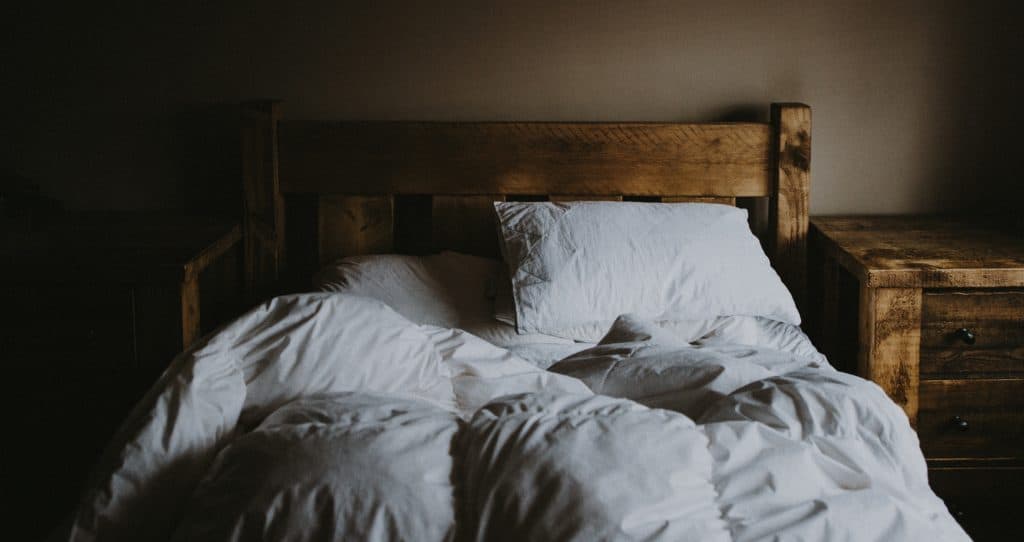
08 Jun A Good Night’s Sleep
Quality sleep may be one of the most important things to maintaining our health. Regarding mental health, sleep has all kinds of significance, both diagnostic and interventional. Often times, mental health issues will affect someone’s ability to sleep. This can ultimately create a negative cycle in which the lack of sleep makes the mental health concern more significant and then the mental health concern can further disturb sleep. Doing some things to improve sleep quality and quantity, can be very helpful in alleviating these concerns.
A common concept, foundational to helping improve sleep is Sleep Hygiene.
Here are a set of suggestions designed to set the stage for healthy sleep to occur. If someone is dealing with a serious sleep disorder these may not be enough to overcome that problem, however, they are still important in achieving a solution. If you are struggling with any kind of difficulty sleeping, you may want to implement some of the following ideas.
Eliminate anything from the bedroom (especially the bed itself) that has is not conducive to sleep. This would include a television, computers, even radios and reading material. The idea is that the bedroom, and the bed specifically, is for sleeping and that should be its lone focus. OK, those who are married might find another use for the bed.
Be careful what you eat and drink. Avoid foods and drinks that are going to upset your stomach and caused distress. Minimizing fatty and spicy food, anything that might upset the stomach or cause distress should be avoided for understandable reasons.
Avoiding caffeine, especially at least six hours before bedtime, is very helpful. Even those people who think they’ve developed some resistance to caffeine, should eliminate it during the evening hours. There’s a reason over-the-counter medications designed to help people stay awake are essentially caffeine tablets.
Avoid thinking of alcohol as a sleep aid. The problem with alcohol, while it may induce some drowsiness or sleepiness, is that it actually decreases the quality of sleep.
Develop a calm down routine before bed. For about an hour and a half before you go to sleep, it is a good idea to do something soothing and relaxing, preferably with the lights dimmed. This could include reading, prayer time, personal Bible study, even a soothing bath or shower. It would be best to avoid anything like roughhousing with the kids or watching something that is likely to rile you up.
Regular exercise is an important part of sleep hygiene. Just be sure it is done several hours before going to bed. Exercise does have a stimulating affect for the few hours immediately after the activity. So sleeping right after exercise should be avoided. When you are exercising, intensity is a lot less important than simply being active. Brisk walks several times a week should do the job. Of course consult a physician before beginning a new exercise program.
The environment of the bedroom is important. A cool room has proven to be more conducive to healthy sleep. Also, a dark room is very important for fostering a healthy sleep environment. Light exposure is an important part of waking up, thus eliminating light is an important part of getting to sleep.
Maintain a regular schedule.It is a really good idea to go to bed and get out of bed at the same time every day. Developing a sleep/wake routine, can be very helpful in setting your circadian rhythm, also known as your sleep cycle.
While this is not an exhaustive list of sleep hygiene suggestions, it is good place to start. If you are having significant sleep issues and would like some help regarding them, please contact us at Christian Family Institute. We can help you determine exactly what your sleep issues may be and help you in overcoming those concerns.


No Comments